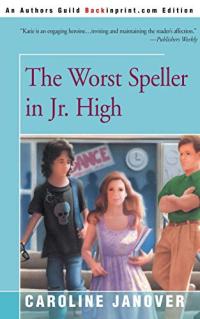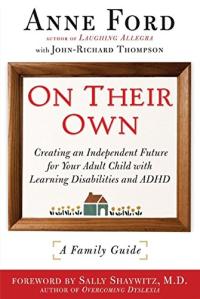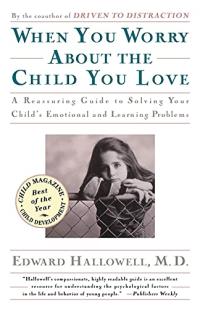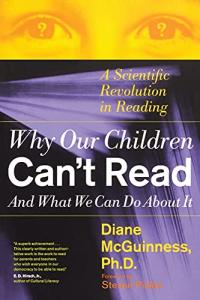
The Vicar of Nibbleswicke
The Reverend Lee is suffering from a rare and acutely embarrassing situation: Back-to-Front Dyslexia. It affects only his speech, and he doesn’t realize he’s doing it, but the parishioners of Nibbleswicke are shocked and confused by his seemingly outrageous comments.
At last a cure is found and the mild-mannered vicar can resume normal service. Or at least as normal as is possible for a man who must walk backwards to be sure of talking forwards!








